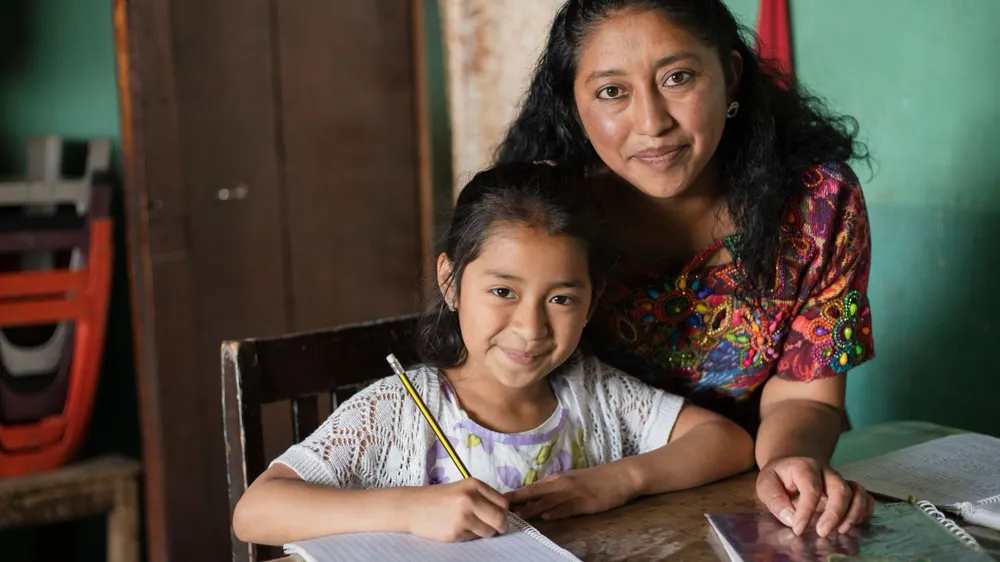
Large-Scale Education Study Launched in Latin America and the Caribbean
The Regional Comparative and Explanatory Study (ERCE 2025), coordinated by UNESCO’s Latin American Laboratory for Assessment of the Quality of Education (LLECE), has officially begun across Latin America and the Caribbean. Now in its fifth edition, the large-scale study aims to assess core academic skills such as reading, mathematics, and science, while also examining socio-emotional competencies and learning contexts associated with school achievement.
The Dominican Republic, Ecuador, and the Mexican state of Nuevo León were the first to launch the study in the final week of May. Cuba and Venezuela joined in June, while the remaining 19 countries are set to conduct the assessment between September and November 2025.
The study plans to reach more than 190,000 pupils in Year 3 and Year 6 across approximately 5,000 schools. It is noted for its strong technical reliability and potential for regional comparison. In addition to student performance, the study includes questionnaires for teachers, parents, and school leaders to evaluate contextual factors influencing learning.
The socio-emotional skills module, previously administered only to Year 6 pupils in 2019, has now been expanded to include Year 3. This module covers areas such as empathy, openness to diversity, self-regulation, collaboration, and academic self-efficacy.
Esther Kuisch Laroche, Director of UNESCO’s Regional Office in Santiago, highlighted that the study will provide valuable insights for the development of policies aimed at improving student well-being and learning outcomes.

